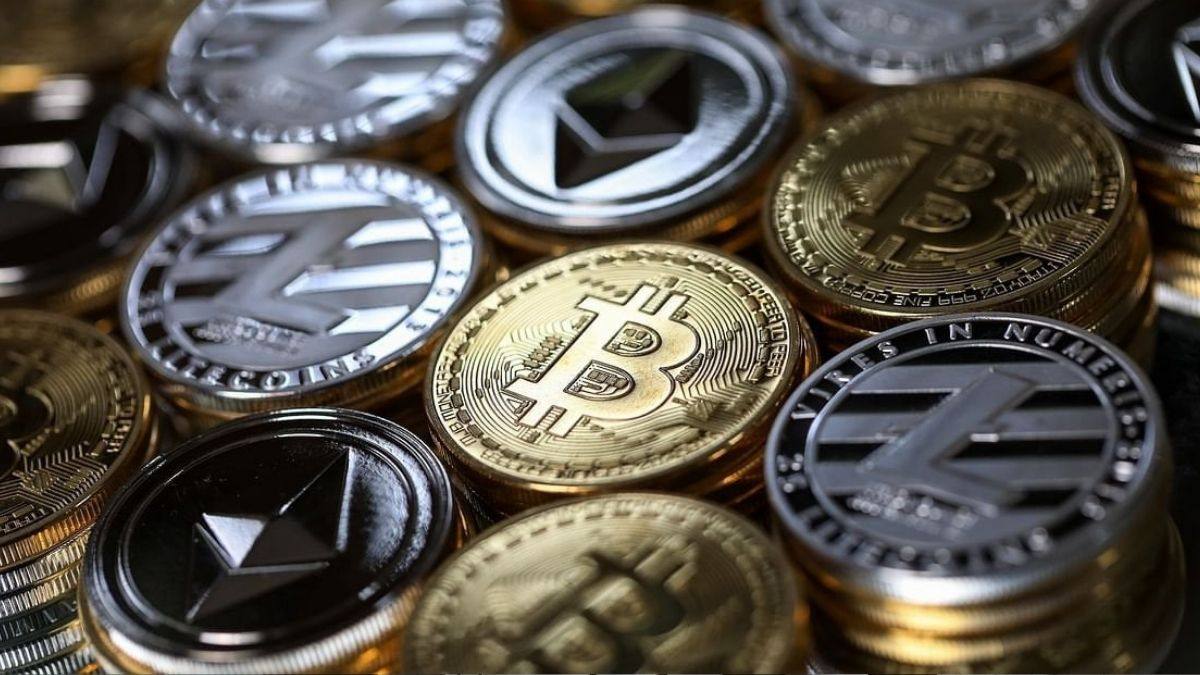Violations of crypto laws could result in a fine of Rs 20 crore or a 1.5-year prison sentence: Report
Violators might face fines of up to 200 million rupees ($2.7 million) or 1.5 years in prison, according to the recommendations.

According to persons familiar with the situation, India is considering assigning its capital markets regulator to monitor cryptocurrencies as officials seek to classify them as financial assets.
The government of Prime Minister Narendra Modi, which plans to introduce legislation in the current parliament session, will most likely give crypto holders a deadline to declare their assets and comply with any new rules, according to the people, who asked not to be identified because the discussions are private.
According to one of the sources, the bill would likely use the word ‘cryptoassets’ rather than ‘cryptocurrencies,’ and will not mention the central bank’s aim to develop its own digital currency.
According to the plans, violators might face fines of up to 200 million rupees ($2.7 million) or a 1.5-year prison sentence.
Bloomberg News previously reported that the government may explore imposing a minimum investment requirement for crypto assets to protect small investors.
A spokeswoman for the finance ministry could not be reached for comment right away.
Nirmala Sitharaman, the Finance Minister, stated last week that the government has revised an earlier draught — which advocated banning all private cryptocurrencies — to account for new developments. She went on to say that there was no plan to recognise Bitcoin as a currency in the country.
According to a research released in October by Chainalysis, a crypto-analysis business, the crypto market in India grew 641 percent in the year leading up to June 2021. Due to the uncontrolled structure of the industry, the government is considering taxing gains from digital currencies, and there have been proposals to set stronger laws for transactions in virtual money.
Modi had a review meeting on digital currency earlier this month, during which he highlighted how unregulated crypto markets cannot be allowed to become conduits for money laundering and terror financing.


